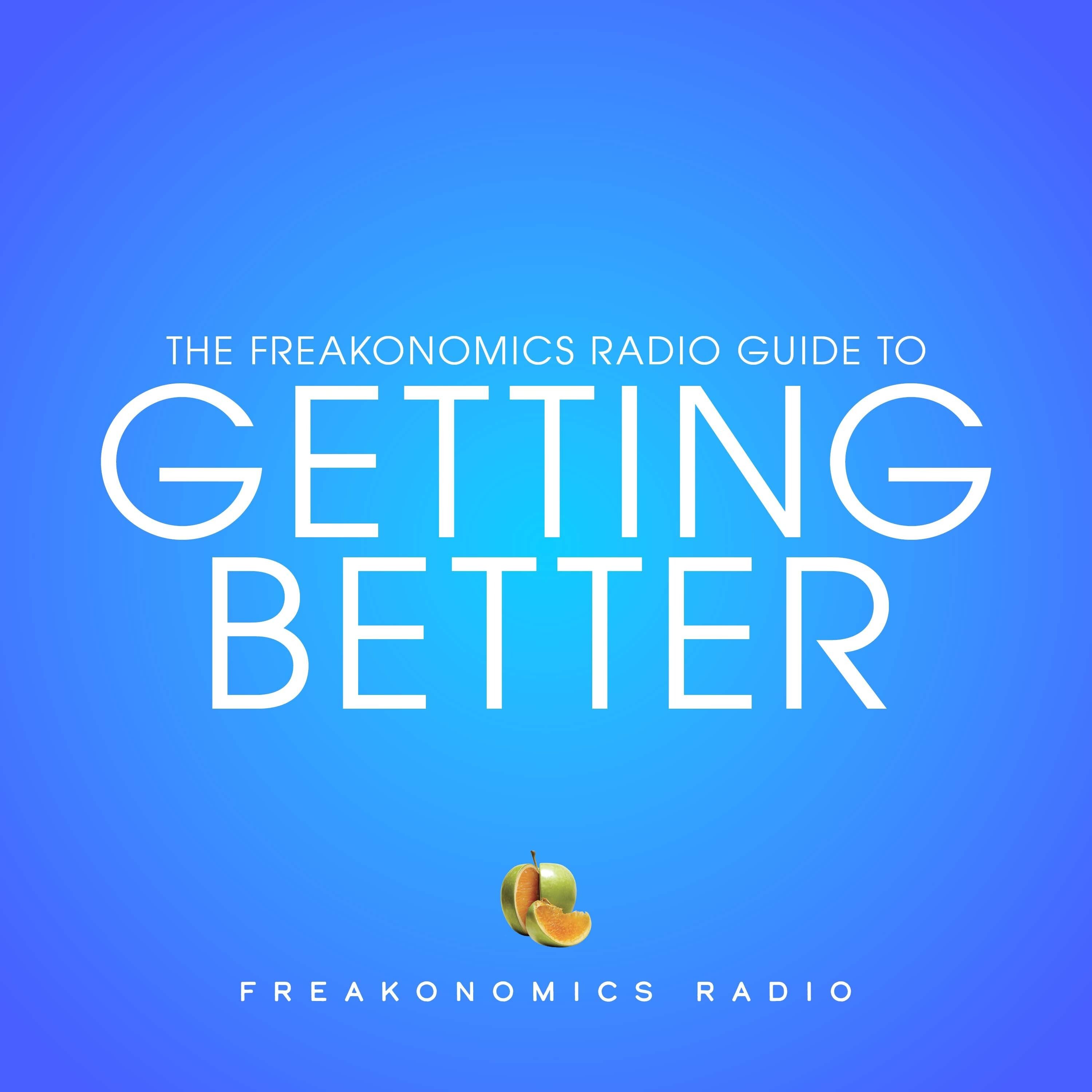Freakonomics Radio
Zeke Emanuel (a physician, medical ethicist, and policy wonk) has some different ideas for how to lead a healthy and meaningful life. It starts with ice cream. (Part three of “The Freakonomics Radio Guide to Getting Better.”)
- SOURCES:
- Zeke Emanuel, oncologist, bioethicist, professor at the University of Pennsylvania.
- RESOURCES:
- Eat Your Ice Cream: Six Simple Rules for a Long and Healthy Life, by Zeke Emanuel (2026).
- “Nutrition Science’s Most Preposterous Result,” by David Merritt Johns (The Atlantic, 2023).
- EXTRAS:
- “Is Ozempic as Magical as It Sounds?” by Freakonomics Radio (2024).
- “The Suddenly Diplomatic Rahm Emanuel,” by Freakonomics Radio (2023).
- “Ari Emanuel Is Never Indifferent,” by Freakonomics Radio (2023).
- “What’s the “Best” Exercise?” by Freakonomics Radio (2014).
Hosted by Simplecast, an AdsWizz company. See pcm.adswizz.com for information about our collection and use of personal data for advertising.

501. The University of Impossible-to-Get-Into
America’s top colleges are facing record demand. So why don’t they increase supply? (Part 2 of “Freakonomics Radio Goes Back to School.”)
500. What Exactly Is College For?
We think of them as intellectual enclaves and the surest route to a better life. But U.S. colleges also operate like firms, trying to differentiate their products to win market share and prestige points. In…
Is the U.S. Really Less Corrupt Than China — and How About Russia? (Ep. 481 Update)
The political scientist Yuen Yuen Ang argues that different forms of government create different styles of corruption. The U.S. and China have more in common than we’d like to admit — but Russia is a…
499. Don’t Worry, Be Tacky
The British art superstar Flora Yukhnovich, the Freakonomist Steve Levitt, and the upstart American Basketball Association were all unafraid to follow their joy — despite sneers from the Establishment. Should we all be more willing…
498. In the 1890s, the Best-Selling Car Was … Electric
After a huge false start, electric cars are finally about to flourish. We speak with a technology historian about this all-too-common story, and what it means for innovation everywhere.
497. Can the Big Bad Wolf Save Your Life?
Every year, there are more than a million collisions in the U.S. between drivers and deer. The result: hundreds of deaths, thousands of injuries, and billions in damages. Enter the wolf …
How to Change Your Mind (Ep. 379 Update)
There are a lot of barriers to changing your mind: ego, overconfidence, inertia — and cost. Politicians who flip-flop get mocked; family and friends who cross tribal borders are shunned. But shouldn’t we be encouraging…
496. Do Unions Still Work?
Organized labor hasn’t had this much public support in 50 years, and yet the percentage of Americans in a union is near a record low. A.F.L-C.I.O. president Liz Shuler tries to explain this gap —…
495. Why Are There So Many Bad Bosses?
People who are good at their jobs routinely get promoted into bigger jobs they’re bad at. We explain why firms keep producing incompetent managers — and why that’s unlikely to change.
494. Why Do Most Ideas Fail to Scale?
In a new book called The Voltage Effect, the economist John List — who has already revolutionized how his profession does research — is trying to start a scaling revolution. In this installment of the…
